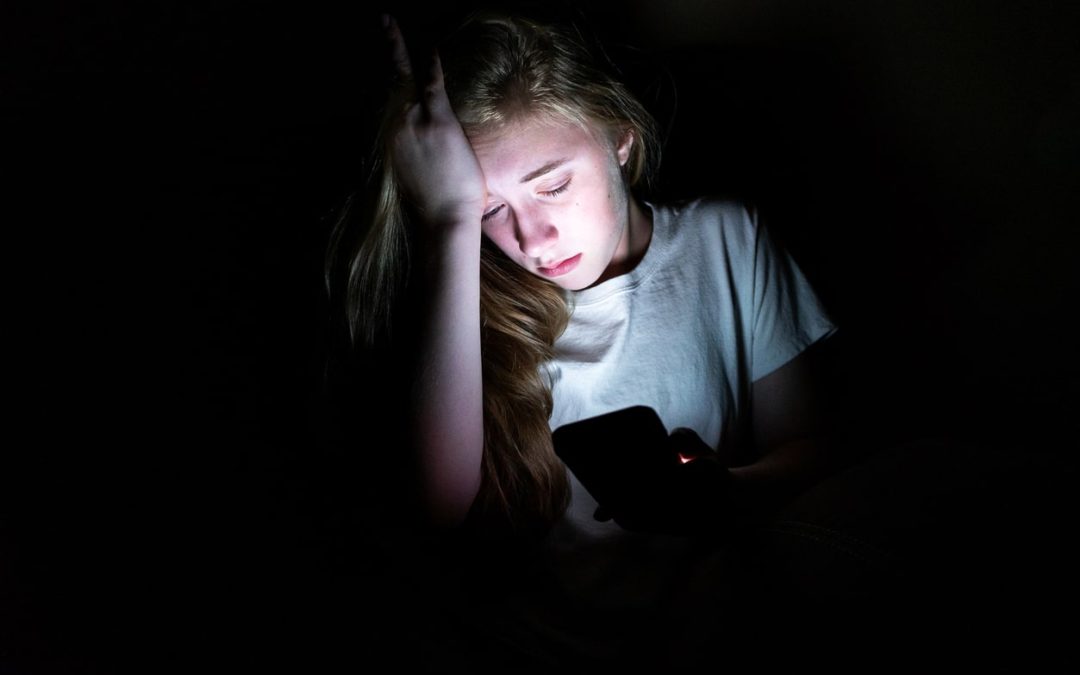Your body might hurt. It can feel like it’s a physical ailment. However, it’s really your body trying to tell you that there’s something wrong.For example, you might have anxiety.If you have physical symptoms, you should certainly get checked out by a doctor. However, the doctor might not find any cause for your complaints. Alternatively, they may diagnose something, but then later find that the treatment doesn’t help.
If these things happen, it’s worth considering that you could be dealing with a mental health issue like unresolved anxiety.
Difficulty Taking Deep Breaths
Have you noticed a change in your breathing?
For example, do you find yourself hyperventilating? This is a very common symptom of anxiety.
Hyperventilation is when you breathe quickly. Also, your breaths are shallow. It can feel difficult to take a slow, deep breath, although this is exactly what you need to do.
Hyperventilation can lead to additional symptoms, including:
- Dizziness, which may or may not be accompanied by nausea
- Having a racing heartbeat
- Feeling faint or lightheaded
- Experiencing tingling in the limbs
- Generally feeling weaker than usual
In some cases, people experiencing a panic attack may think that they’re having an asthma attack.
Digestive Problems
If you have anxiety, then there’s a good chance that you also have problems with your gut.
Physical symptoms include:
- Vomiting
- Diarrhea
- Chest pain, which is also linked with the respiratory issues
- Chronic conditions including Irritable Bowel Syndrome (IBS)
If you’ve been diagnosed with something like IBS, then it’s worth asking yourself if you might have anxiety.
Compromised Immune System
Anxiety, especially chronic anxiety, is stressful for the body. This can weaken the immune system. As a result, you might get sick often.
Do you catch every cold, flu, and infection that’s going around? Have you been getting sick more than usual or more often than your family members? These are signs that your immune system might be compromised.
Of course, there are many causes of a compromised immune system. Anxiety is one of them.
Changes in Body Temperature
Anxiety can cause fluctuations in your body temperature.
Most commonly, you’ll get a hot flash. Then you’ll sweat because your body is trying to compensate. Unfortunately, it will work too hard, and you will get cold.
If you often find that you’re too hot or too cold, it might be due to anxiety.
Other Physical Symptoms of Anxiety
Anxiety manifests differently in everybody. Here are some other things to look out for:
- Tense muscles, which made lead to body aches and headaches
- Feelings of restlessness as well as difficulty sleeping
- Fatigue, which can come in waves alternating with excessive energy
- Shaking, including fidgeting as well as uncontrollable twitching
- Grinding teeth, which may happen during sleep as well as when you’re awake
Why Anxiety Has Physical Symptoms
Any mental health issue can cause physical symptoms. However, anxiety is especially prone to these symptoms. That is because anxiety activates your fight-or-flight reflex.
This is a biological drive. As a result, your body reacts. Your breathing, your heart rate, and your muscles all respond as if you are in real immediate danger.
If you stay in fight-or-flight for an extended period of time, which is common in anxiety, it can cause the additional physical symptoms. These are mostly a result of stress on your system.
Treating your anxiety involves treating both your emotional and physical symptoms. The good news is that the better you feel in one area, the better you’ll feel in the other.
—
All in all, if you have physical symptoms, there might be an emotional cause. If that’s the case, then a therapist can help. A therapist can also help you to figure out the right self-care for treating physical symptoms of anxiety. Reach out today if you’re ready to take the next step in safeguarding your overall health with anxiety.

